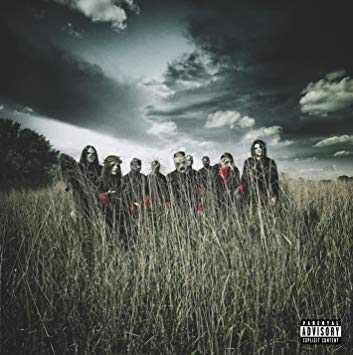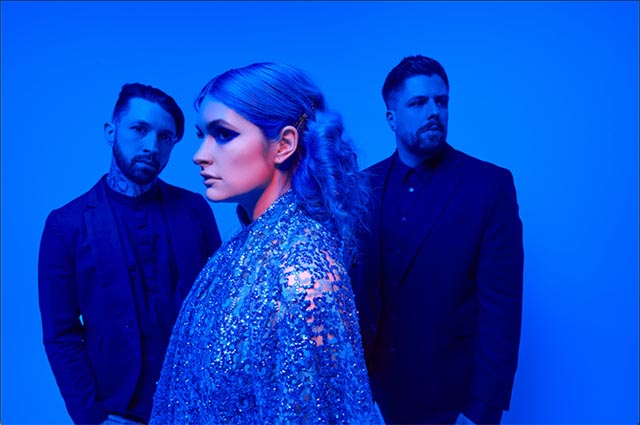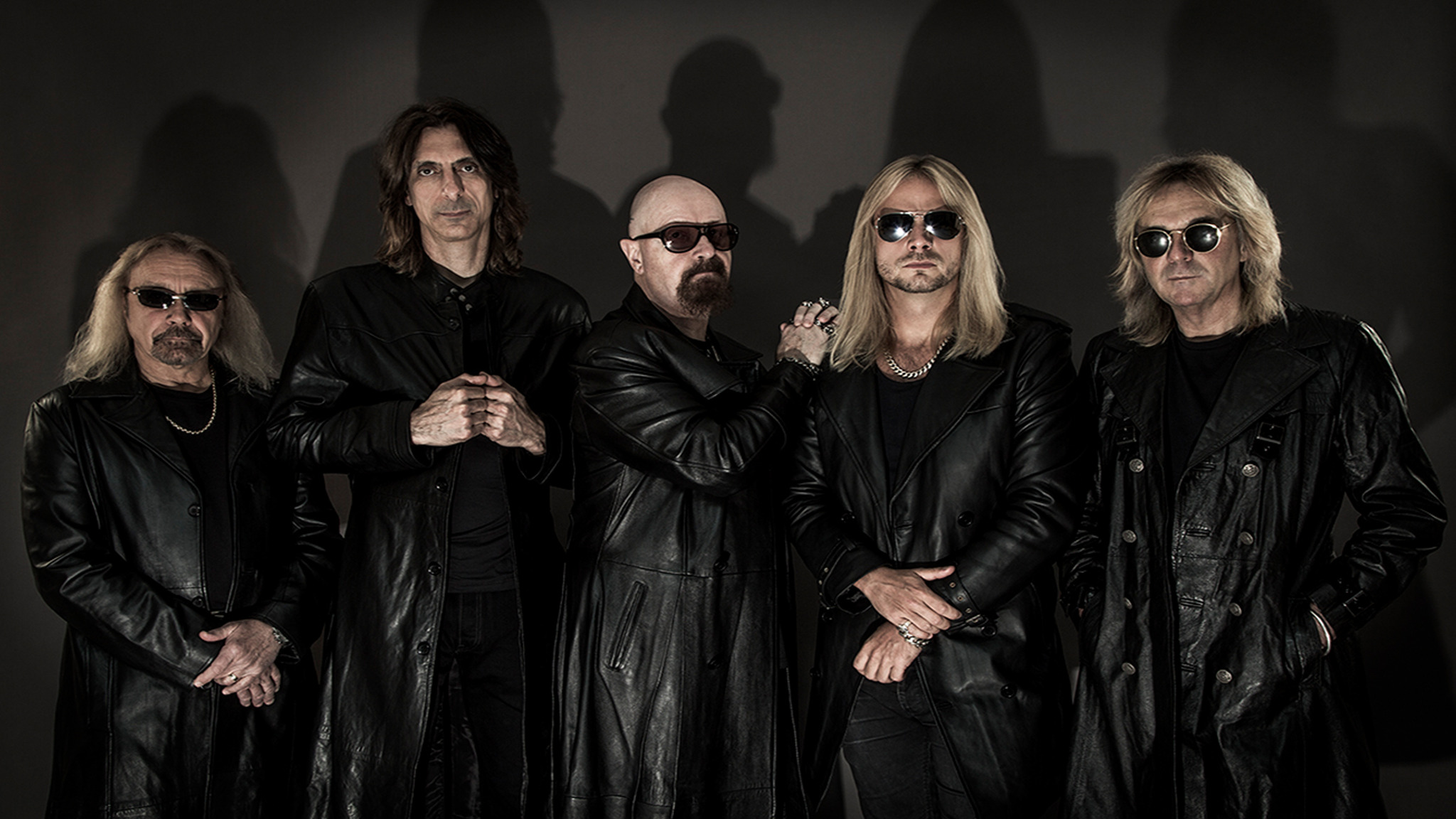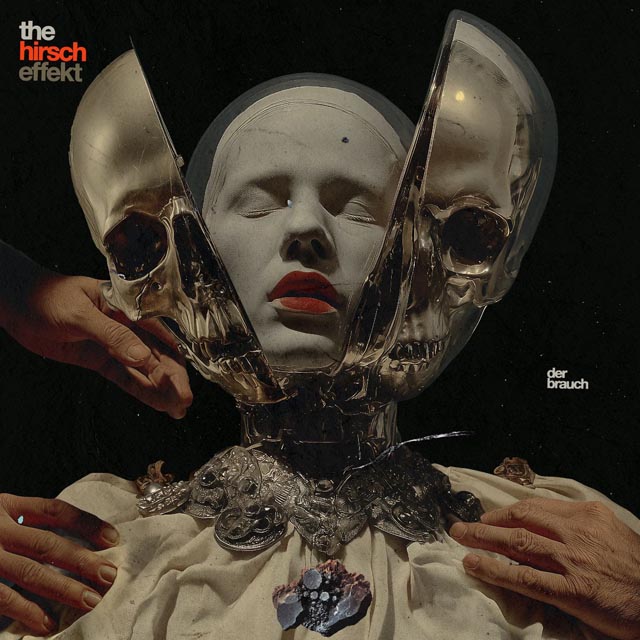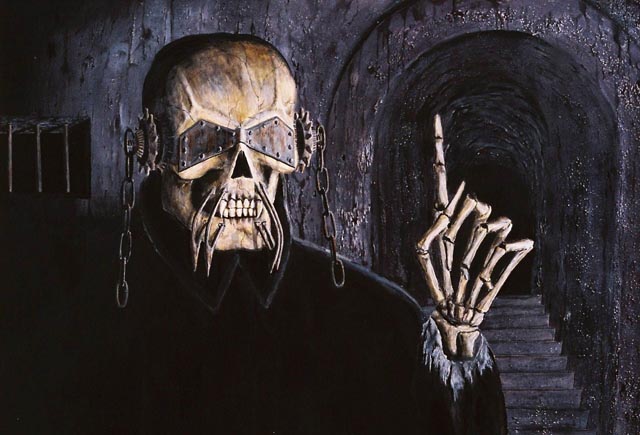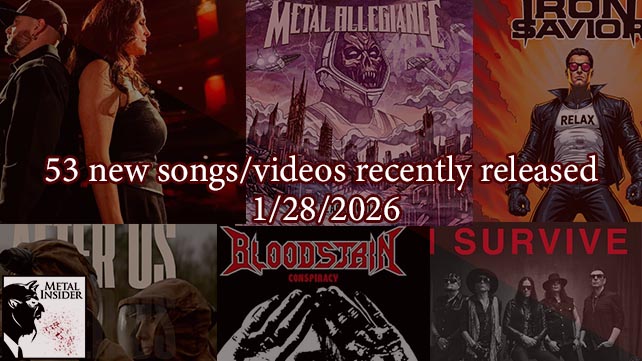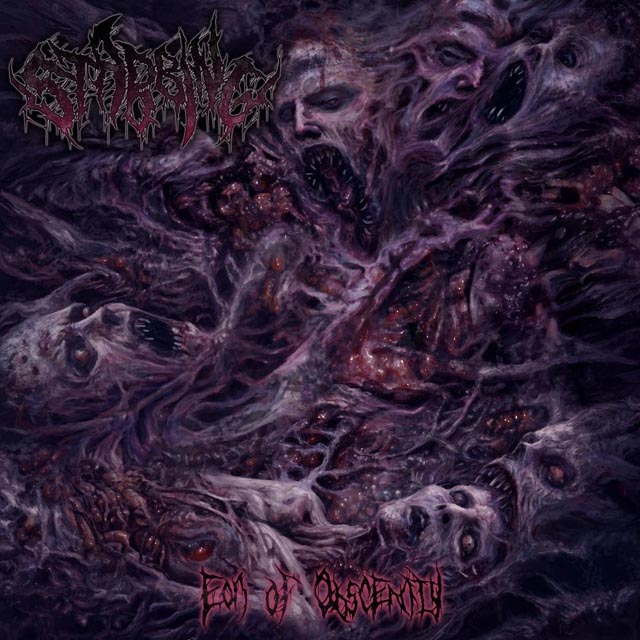
Alternative Press began in 1985 as a photocopied zine passed out at clubs in Cleveland. 31 years later, it’s evolved into not just a magazine that showcases punk, hardcore, indie, emo and metal music, but an also an awards show. Now entering their third year, the Alternative Press Music Awards will take place on July 18th in Columbus, and this year will include a performance from Judas Priest’s Rob Halford with Babymetal. We caught up with AP founder Mike Shea to talk about what goes into putting together a festival, what they’ve learned from the first two years, and why the Awards are still in Ohio.
I’ll start off by asking, why another awards show?
The primary reason is because we needed a day and a night to have a party for this kind of community of misfits. This community doesn’t have anything where it celebrates anything like this. It wouldn’t and it probably will never. This is a very vibrant community that do a lot more merch sales than a lot of indie bands that are all over late night tv. Their fan bases are incredibly devoted. They’re world wide. They’re usually dismissed by radio for all the dumb reasons. We needed a party. Not only to honor people but also to have a family reunion. That’s why the first year was so important. I really fought hard to get who’s who there. The Golden Gods kinda ramped up year after year, and I just pushed it crazy to go right out of the box as big as we could go. We called up everybody that we knew and said, “you need to come to this!” It was everybody from Bring Me The Horizon to Fall Out Boy to Every Time I Die, from credibility bands to the hardcore bands. It’s really paid off in that respect because it has now turned into an event that everybody in this crowd needs to be at now, and they want to be at.
Industry people that now come to the show do meetings the day before and the day of because everybody’s there and they kind of work on their record deals and their bookings for next year. We have the bands that all come in off of Warped Tour. Kevin Lyman books that day off and he routes the whole tour here, so now his bands and his crew and everybody can get together and have this whole family reunion while everybody else is coming. The other group of people are the bands that route their tours to come to the show because all of their friends are there and they can do the networking. Then there’s the bands that aren’t even on the road and they come in now because it’s the place you gotta be. It’s turned into this huge party and that’s so awesome for us. You could probably say that a lot of televised award shows are kinda done for sponsorship purposes or they’re done for maybe not the most credible reasons. But for us, it’s not just the awards, it’s about a family reunion of misfits. That’s really what it’s about. That’s why I think it’s got soul to it. It’s got something else to it that allows it to have some legitimacy.
How important is having sponsors?
If you don’t have sponsorship you can’t do anything these days. People don’t pay for content, right? It doesn’t matter if it’s digital advertising or you need somebody to to sponsor your tour, or you need someone to sponsor your festival or you need to sponsor an award show. You need to have that sponsorship money or otherwise you’re not going to do anything. Thankfully the people that we work with are so cool and they get us and they understand the community. So we haven’t worked with anybody that’s come in and said “Well, you can’t do this because it doesn’t reach our corporate objectives.” The show is what Time Magazine calls the Grammys of alternative music, which is amazing that they said that. The show’s long and it’s kind of rough around the edges and that’s the fun thing about it, it’s not perfect. The sponsors that work with us get that and they don’t have a problem with it, they like it.
Josh Bernstein is behind this as well, right? How patterned after the Golden Gods, which he presented when he was at Revolver, are the APMA’s?
When we brought Josh on first year, he came on as a consultant. He used what he had done with the Golden Gods as kind of like the framework and then we pushed it. We were introduced by AXS TV to the Contemporary Youth Orchestra and I went, ‘that’s how we make it to the Oscars, right there.’ The whole industry is constantly complaining how do we get kids to pick up instruments. Well, how you do it, you put them on stage playing instruments with Fall Out Boy, I don’t know how much better of a way you get it. And it worked. He and I have gone back and forth at times on some differences of how we get to that point. It’s been very good in the sense that we understand each other and as long as we use the framework of what the Golden Gods was but take it up about three more notches. That’s every single time that we’ve succeeded really well and I think it’s been awesome. We’re definitely not resting on any laurels or anything else like that. Consumers expect something bigger every year. I think that’s our biggest challenge now is how do we
outdo the previous year.

It seems slightly schizophrenic to have acts like Rob Halford and Babymetal together and artists like Joan Jett, who the average AP reader isn’t familiar with, to be on the awards. Is it intentional to try to have such a diverse line up?
Heck yeah! Because it doesn’t allow it to be boring. Right? If it’s a pop awards show, you’re only going to see pop. There’s probably 12 people that you’re only going to see. Go see a country award show, you know who the 12 people are for that. You’re done. For this, because AP has such a wide past and so many of the artists that we’ve worked with have been influenced by people like Joan Jett and X and Rob Halford and Rob Zombie. Why can’t you do that? We had Slash come out and he didn’t have to do it. We put him on the cover of issue 10 in ‘88 and we really hadn’t done a lot with Guns ‘N Roses after that. They got so big and then they broke up. It was still so cool. All of these musicians of now were sitting with their jaws wide open not believing that here is this icon that came to their communities party. You had Joe Perry show up the first year. Josh tells this story all the time, where Joe Perry’s sitting off side stage watching A Day To Remember and he’s like “This is pretty cool.” That is awesome! We really wanted that.
I think that’s where Josh brings in, he brings all that metal community and rock community stuff. These contacts he’s had over the years. He brings that stuff in and then we try and marry that in with the community of now. Probably about half the time they get it, the rock community gets it and then the other half of them they don’t get it. That’s okay, we’ll work with them next year. There’s a hit list that Josh has of people, “I’m gonna get you yet, you son of a bitch.” There’s that list and it gives us something to strive for.
Who’s on your bucket list of artists/bands you’d like to have?
I think the biggest one is Billy Idol, in a weird way. Let’s go pre-MTV. Legitimately he was there in the beginning. That guy is probably about as close to the roots as you can get. Unless you start getting Johnny Lydon. His career has just continuingly rejuvenated himself and he’s actually at a stride now, he’s doing really well. We’re both big fans of him and of Generation X and his solo career. He would just match with this in so many ways from the rock side and the punk side. He’s like the great white whale. He really is. It seems like you would think, “No, it’s Green Day!” And it is, they’re there, but…
How do you decide to do the mashup stuff with disparate bands, like Babymetal and Halford?
Well, Halford was on Josh’s list. He was on his list last year and we’re both Judas Priest fans. He didn’t have to really talk me into it. We tried again last year and it didn’t work out. We started talking to Babymetal and they have been wanting to work with Halford, so, we were like “alright we can try and maybe piece this together.” It makes the show interesting. The more you can make the show a one time only thing, the more exclusive it gets, the more interesting it gets, the better social media you’re gonna get out of it, everything. It just makes a better thing. Who wants to go sit through another festival? We don’t need to go see a band’s set again, we’ve already probably did that twice this year. Make that band do something different. I think really the challenge is and is the most frustrating thing for Josh and I, definitely on his side, is that you get all these great ideas of marriages of music that makes sense. Then, there’s somebody in that team who think it’s a bad idea and it’s for the dumbest reason possible, or they’re just being stubborn, or they just want to say no. Those are the most frustrating times where we know the artists would be into this. We know this could happen. The other artist wants to do this and you’re just saying no because you want to say no. That happens across the board with everything and that’s frustrating. You don’t know what going on the other side of the phone. You don’t know what drama’s going on with the other artist. Josh says for every ten bands you land, there’s 200 that we approached that just couldn’t happen because of scheduling or whatever.
What have you learned from the first two years?
I’d say for both Josh and myself that there was definitely a need for this in the community and I think patience and planning. For me, that’s kinda what it comes down to is patience and planning and trying to not lose your head while doing this huge monster of a show that every year the expectations are larger. Our set design is bigger this year and the show is going to be more. Previously we just had a stage and some backdrops and we had to keep the cost down because we were terrified of going over budget. But now we kind of have the swing of things. We talk to our partners a lot. That’s another thing we learned. Definitely find some partners that you work with and find the ones that are going to be honest with you. Not the ones that always pat you on saying “great show!” You wanna get the ones that said, “You know that bar in the back, it didn’t work.” You need a few people like that. They’re going to make a better show for everybody. That’s what we want too. We’re not a professional award show company. We’re not like Dick Clark Productions or something. We’re learning and it’s fun. It’s loads of fun! A lot of stress, but it’s fun!
How are you able to do this and run a magazine?
A lot more gray hairs on my head, definitely. You got to delegate stuff sometimes on other people to kind of make sure things are going. Planning and working on your relationships throughout the years, so that way you can start discussions way in advance. We’re already talking about next year. We already have a couple people that want to come into play. We’re already looking at dates for next year. It’s really about that. I can’t go back to anything else except that we just need to keep planning. Keep planning farther in advance and everything.
Would you ever have any plans of moving it outside of Cleveland?
We don’t know. We went to Columbus this year. There’s something about Cleveland. Everybody wants us to go to L.A. Here’s the thing, everything’s in L.A. AP’s been based in Cleveland. We’re alive because we’re based in Cleveland because when all the recessions hit and stuff. Our payroll’s a lot lower because our cost of living is a lot lower here. We can weather things that a lot of other media companies couldn’t weather because they were in New York.
We want to give it back to this town because the Midwest has really been turning around for all the negative stuff that’s been written about it. I’ve got a bunch of friends that are leaving Brooklyn, leaving New York, moving to Detroit, buying property and they’re waiting for it to turn around because they can’t afford New York anymore. For us, we wanted to do our part for Cleveland and show this awesome town it is. Here’s the thing, we’ve done surveying of our partners, label partners and stuff like that. We asked them, where would you like it? There were people like “yeah, take it to L.A. or Nashville would be cool…but keep it in Cleveland.” They’re overwhelmingly saying keep it in Cleveland and I keep asking them “really, why?” and they’re like, “because we can get away from everything.”
It’s kind of what Austin does for SXSW. You can get away from the usual. You can go there and have meetings and stuff and you don’t have to get up drive across L.A. traffic for an hour and a half to go to another one. You can just do everything here. It’s really kind of turning into an Austin thing for us, as a SXSW kind of vibe. People are using it as also a business reason and that’s why it’s here. If we did it in L.A., New York, Vegas the expenses are going up, obviously, I’ve got to find some more sponsorship money. Maybe we have movie stars that could be there in a second and a couple more press people but, ultimately in the end though, it just changes the vibe of the show. For right now I think we’re going to keep it in the Midwest and we’ll see from there.
If you’re planning on attending the Alternative Press Music Awards, you can purchase tickets here.


